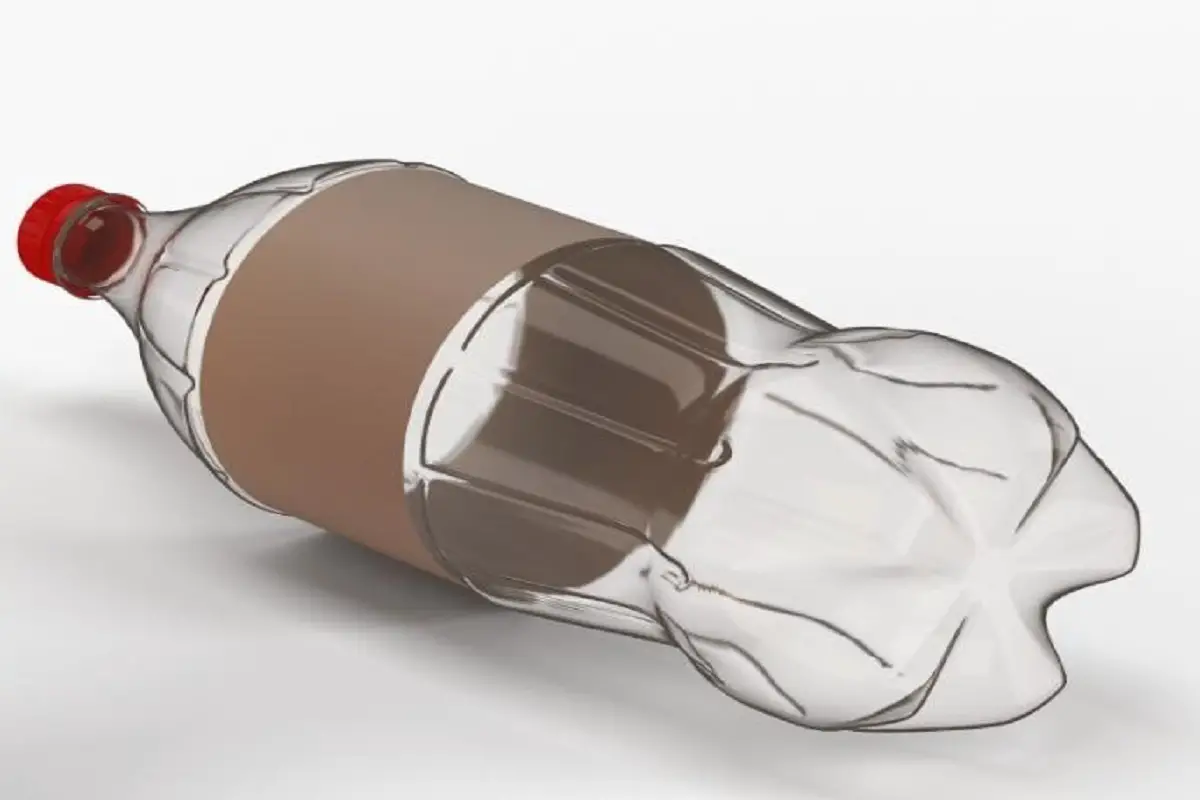Believe it or not, but you can actually make a rudimentary but effective homemade fire extinguisher. It takes only a few common ingredients and a little bit of time to do.
Read more to find out how.
How To Make Your Own Fire Extinguisher
Homemade fire extinguishers are not difficult to make and use common ingredients you can find around your home.
DIY Fire Extinguisher Parts
What you need for diy fire extinguisher includes:
- Baking soda
- Salt
- Empty plastic water or soda bottle w/ cap
- Vinegar or lemon juice
- Water
- Tissue, toilet paper, or napkin
- Rubber band
- Small plastic bag
Steps
- Pour the vinegar or lemon juice (about 1/3 of a cup or 5 tablespoons) into the plastic bottle.
- Fill the rest of the bottle with water but leave 1-2 inches left at the top.
- Pour 2 tablespoons of baking soda into a folded tissue or toilet paper.
- Poke or drill a small hole through the top of the bottle cap.
- Squeeze part of the folded tissue into the cap, but not all the way in.
- Wrap the tissue with a rubber band and small plastic bag for storage

*You must use baking soda as one of the ingredients.
*You cannot use a glass jar instead of a plastic bottle.
Recommended Baking Soda
Arm & Hammer Pure Baking Soda, 8 Ounce
Nutricost Baking Soda (2 LBS) – For Baking, Cleaning, Deodorizing
Clabber Girl, Multi-Purpose Baking Soda,12 oz
How To Use
When a small fire breaks out, grab the bottle and remove the rubber band and plastic bag. Push the folded tissue with baking soda all the way into the bottle through the small hole. Shake the bottle to create a fizzing mixture. The vinegar and baking soda react to make an abundance of carbon dioxide mixed with the water.
Pour the bubbly mixture over the fire. It should shoot out through the small hole in the top of the cap. The hole should be big enough for the fluid to come out, but not too big or the folded napkin will fall in by accident.
This will smother the fire with carbon dioxide which will push away the oxygen that fuels the fire. Since the fire can no longer ‘breathe’ oxygen, it will go out.
When NOT To Use a DIY Fire Extinguisher
However, this home made fire extinguisher is not a perfect substitute for a real fire extinguisher, especially for grease or electrical fires. DO NOT USE THIS HOME MADE FIRE EXTINGUISHER ON A GREASE OR ELECTRICAL FIRE. The mixture contains water that does not work to put out a grease fire. In fact, it will likely make the fire spread.
For a grease fire, only use a dry or wet chemical fire extinguisher. These can be ABC dry chemical, which is very common. Some fire extinguishers are labeled for multiple fire classes, so check and make sure it can extinguish grease fires before buying.
For an electrical fire, only use a C02 fire extinguisher, or Class C fire extinguisher. They can be C02 or monoammonium phosphate, potassium bicarbonate, or potassium chloride.
However, if a fire extinguisher is not available to put out a paper or rubbish fire, this may work to put the fire out or suppress it long enough to get away.
Can You Store a DIY Fire Extinguisher?
Yes, you can. The water and vinegar mixture will stay active for fairly long time. As long as the baking soda in the tissue does not leak into the bottle, then it will not react. Make sure to wrap the top in a plastic bag and rubber band and keep away from children. If you can purchase a real fire extinguisher while you have this one stored, go ahead and use that instead.
Places to store a home made fire extinguisher include in a cupboard, pantry, garage, or closet.
DIY Fire Extinguishers in a Nutshell
Making a home made fire extinguisher only requires a few ingredients you can get around your home or kitchen. However, always make sure to be careful when using any type of fire extinguisher on a fire and get away as fast as possible if it starts to spread out of control.
